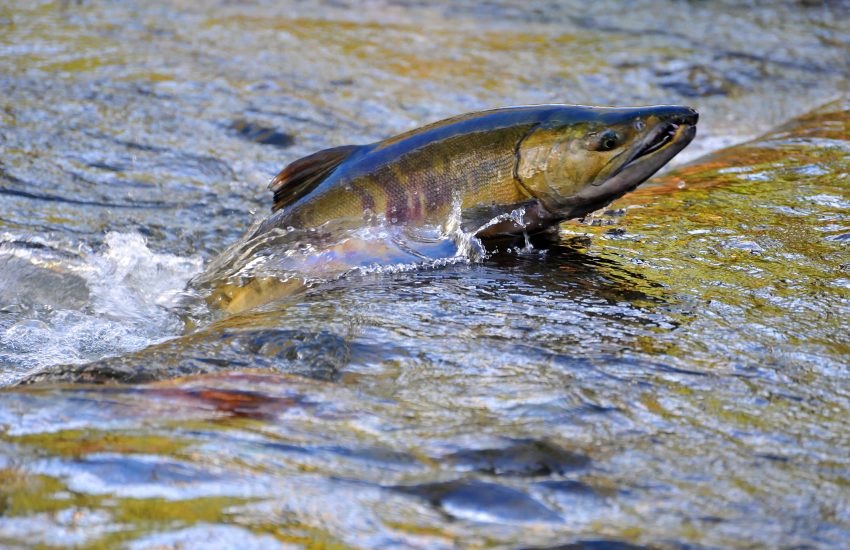On December 29, 2021, the U.S. District Court for the Western District of Washington held that, under the Clean Water Act, the EPA does not serve as a “mere bystander” in cases where states refuse to or cannot take action to implement water quality standards that protect aquatic life. See Northwest Envtl. Advocates v. United States EPA (2021) U.S. Dist. LEXIS 247673. For many years, the courts have held that while the states have primary responsibility under the Clean Water Act, the EPA itself must act as a “backstop” to determine if a state’s water quality standards are inconsistent with the Clean Water Act or determine if new standards are needed to meet the act’s requirements. If the EPA decides that new standards are needed, the agency must prepare and publish those standards. This decision is called a “necessary determination.”
In this latest case, Northwest Environmental Advocates (NWEA)—a non-profit organization that works to restore habitat to salmon and orca populations—filed a petition with the EPA in 2013. The NWEA asked the EPA to make a necessary determination that Washington needed updated criteria for toxic pollutants to protect aquatic wildlife. The EPA did not reply for four years. The NWEA filed a separate lawsuit to force a response. In its response, the EPA denied the petition even though EPA admitted that Washington had not updated the majority of its criteria since 1992; had not followed through with its own strategic plans to update water quality standards; had not completed the required triennial reviews; and that many of the aquatic life standards were lower than those recommended by the EPA.
The court found that the EPA had failed to make any necessary determination regarding Washington’s water quality standards. It also determined that EPA’s failure was “arbitrary and capricious” because its refusal was not reasonable under the provisions of the Clean Water Act.
The court held that EPA reliance on Washington’s existing human health water quality standards to deny NWEA’s petition was not justified. EPA argued that, since some of Washington’s human health criteria were more stringent than EPA requirements, somehow aquatic life is protected. The EPA provided no evidence that it had done any investigation whatsoever that its statements were true. Because the Clean Water Act treats human health and aquatic health as two separate and distinct issues, this reasoning could not justify their refusal to make a determination.
In a further admonishment to the EPA, the court set a 180-day timeline for the EPA to complete its necessary determination. The court decided that the EPA created a “substantial and unjustified” delay in responding to NWEA. Despite “Washington’s feeble efforts to timely comply with the CWA, EPA has not taken its backstop role seriously and has unreasonably abandoned its role for years.” While the court did say the EPA could petition for more time, it warned that EPA would have to produce substantial evidence for such a petition to be granted.
The court’s decision could signal to states such as Washington that if they do not take action under the Clean Water Act the courts will force the EPA to do it for them. While this is one case in one jurisdiction, the EPA will not—at least in Washington—get away with dragging its feet or refusing to carry out its duties under the Clean Water Act. We can only hope that the salmon and orca in those areas will benefit from it.

